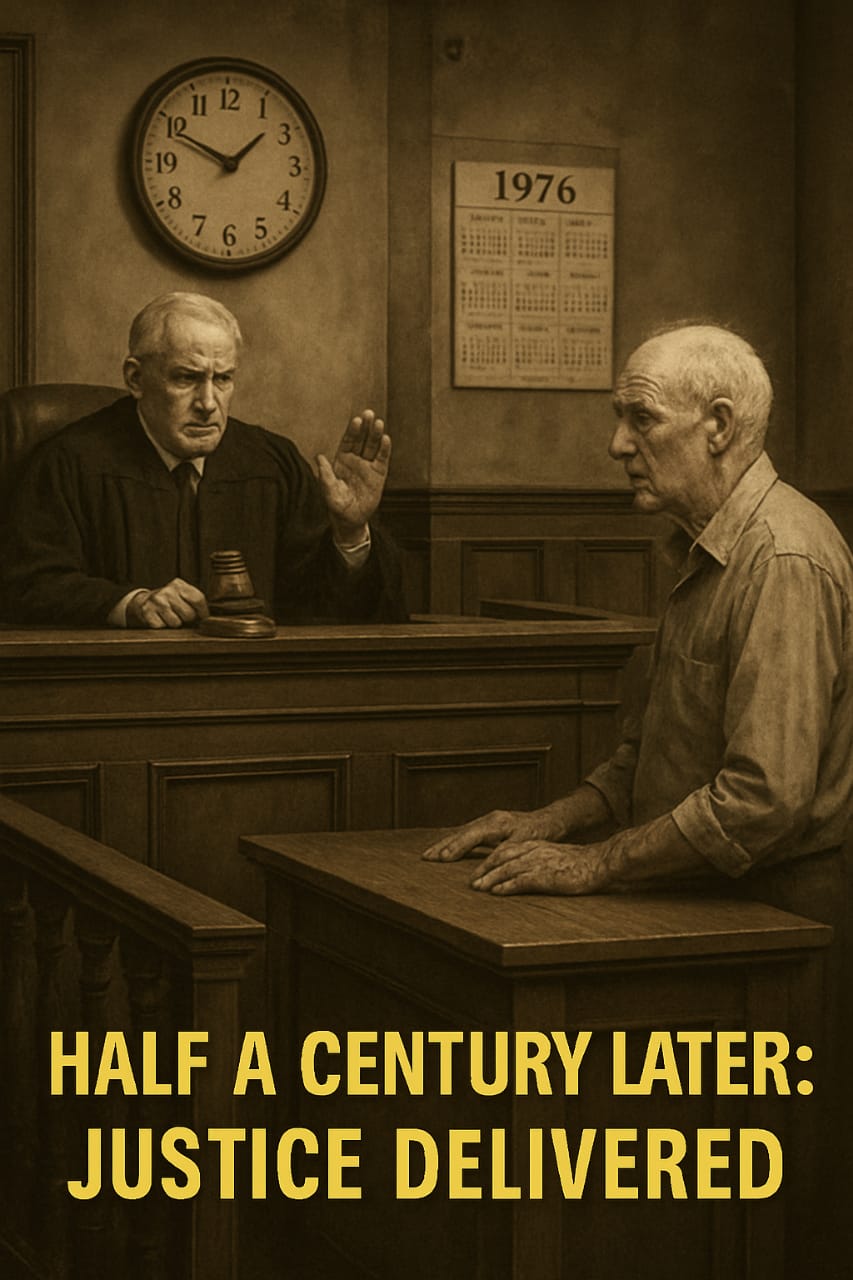INTRODUCTION
After 49 long years, a man has finally been convicted for a theft he committed back in 1976. Nearly half a century later, the verdict may have arrived, but it also leaves behind a quiet question — at what cost? This scenario isn’t just about one man or one crime; it reflects the slow pace of justice in our nation.
While we continue to hold deep respect for the judiciary and the values it upholds, stories like these lay bare the human cost of delay — loss of time, vanishing memories, and a system weighed down by its own weaknesses. It’s not a failure of intent, but a painful reminder of how far we still have to go to ensure that justice is not only done, but done in time. It serves as a painful reminder, that even almost after 75 years of independence how difficult it is to seek justice for a common man.
BACKGROUND
The story of State v. Kanhiya Lal is a familiar one in the Indian judicial system — where a 68-year-old man was found guilty of a 1976 theft nearly ‘49 years’ later. And yet, the conviction wasn’t the result of a full trial, but rested solely on the confession of the last surviving accused.
The case dates back to March 31, 1976, when the Secretary of a Large-Scale Cooperative Society in Tahrauli, Uttar Pradesh, filed a complaint alleging theft of an official receipt book and a wristwatch worth ₹150, along with fund misappropriation of ₹14,000 through forged signatures. Two other co-accused (now dead) named – Laxmi Prasad and Raghunath, were also named for embezzlement. Even after years of hearings and adjournments, formal charges were framed in the recent past on December 23, 2022.
During a regular court hearing on 2nd August, 2025, Kanhaiya Lal—now residing on Sharmafem Road in Hazira, Gwalior—confessed to the crime before the Chief Judicial Magistrate.
Lal expressed his wish to come clean, due to his declining health and old age as the reason for his confession.
Taking his confession into account, the court convicted him under several sections of the Indian Penal Code, including charges of theft, forgery, housebreaking, criminal breach of trust, and conspiracy.
As Lal had already served two separate three-month jail terms during the course of his trial, the court deemed it adequate as custodial punishment. Additionally, he was fined ₹300 under each section and ₹500 under one of them. If he fails to pay the fine, he will face an extra three days in jail.
INFERENCE
The Kanhaiya Lal case shows a mirror of harsh truth about our justice system — justice, when delayed for nearly ‘50 years’, loses much of its importance & meaning. Although the conviction ended the legal battle, it was the result of an aged man’s confession—made out of exhaustion and deteriorating health—rather than a full fledged regular trial. It serves as a reminder that for justice to be genuinely just, it must be served without delay for both the guilty and the victim. Such cases not only bring the loopholes in our criminal justice system but also seek our urgent attention towards how the reforms should be implemented and in what manner one can strive for a better future.
About the Author
Sarika, an alumnus of Mody University of Science & Technology is an ardent learner having keen interest in Constitutional and Criminal Law. Through her academic journey and hands-on legal experience, she has developed a strong interest in legal research, policy analysis, and illustration.

